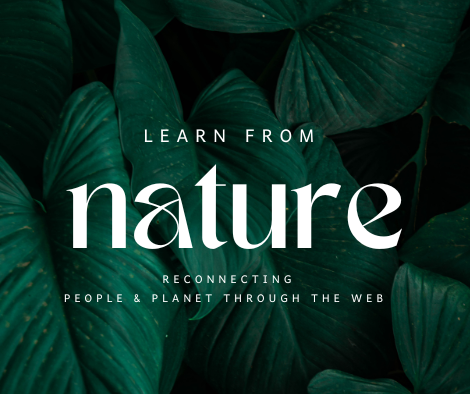From shocking footage of an albatross chick killed by a plastic toothpick to images of the Great Pacific Garbage Patch, and recent coverage of the increase in litter left behind by visitors to the British countryside during the pandemic, there is no shortage of evidence of the harm and ugliness caused by plastic – reports The Guardian ( https://www.theguardian.com/commentisfree/2020/sep/04/the-guardian-view-on-plastics-reducing-bag-use-is-not-enough?CMP=twt_a-environment_b-gdneco )
Public awareness of the problem has grown rapidly over recent years in many countries, and led to new legislation. But while environmental organisations work hard to highlight links between the plastics and oil industries – and while pollution of the oceans and failures by the waste and recycling industry have become key themes for campaigners – the issue of plastics is still not widely enough recognised as a consequence of our dependence on fossil fuels.
Reports of plans by the oil industry to expand the supply of virgin plastics by a quarter over five years, while putting pressure on countries such as Kenyato lift restrictions on their use, show how urgently this needs to change. Plastics are not a byproduct of the fossil fuel industry. They are a product of it. The expansion of plastics manufacturing, on which companies including Saudi Aramco and Royal Dutch Shell plan to spend about $400bn (£300bn), is part of the industry’s coordinated response to the reduced demand for fuel brought about by the shift to renewable energy and electric vehicles.
Reduce, reuse and recycle has long been anti-waste activists’ slogan, and it still serves a purpose. Encouraging people to stop consuming stuff they don’t need, to pass unwanted objects on, and recycle rubbish rather than send it to landfill are all worthwhile goals. The trouble is that it isn’t working. Currently, about 8m tonnes of plastic end up in the ocean every year, with the latest research suggesting that this quantity could triple in 20 years. A new approach is required that retains a strong emphasis on personal and collective responsibility (which help keep beaches and parks clean), while sharply increasing pressure on politicians and businesses.

Efforts to limit plastics production will have to be international if they are to be effective. Kenya has been a world leader in anti-plastics legislation. Reports that US lobbyists are targeting it as a possible hub for the supply of American-made chemicals and plastics to the rest of Africa (after China banned the import of most foreign waste in 2018), are alarming to say the least. Only last month it was revealed that there is already 10 times as much plastic in the Atlantic as was previously thought.
And while no one knows what the long-term effects will be, on humans or other species, the sheer quantity of the waste and the already documented impact on wildlife mean that plastic pollution must be dealt with as part of the wider environmental emergency. Energy companies must no more be allowed to flood the oceans with polyethylene than they should be allowed to pump the atmosphere full of greenhouse gases.

